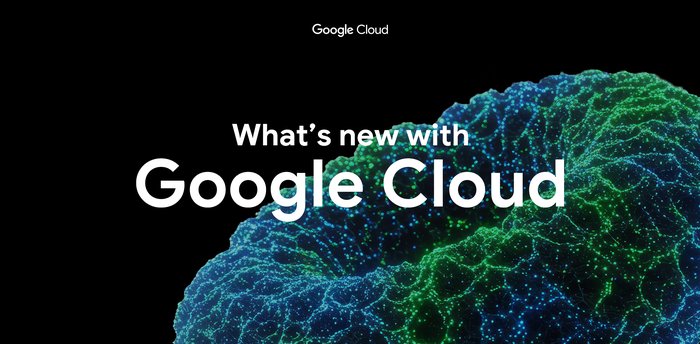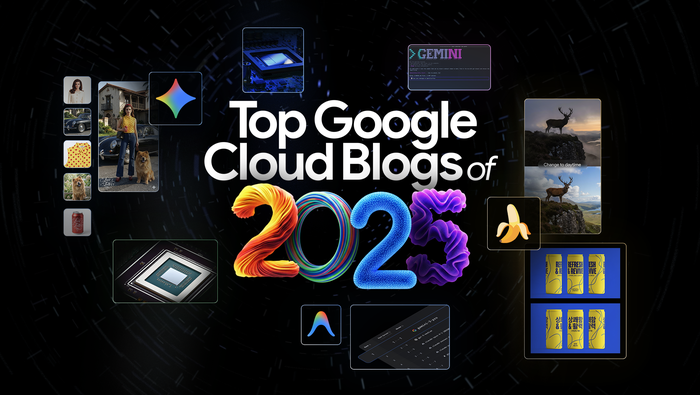How retailers like Ulta and DSW are improving customer experiences using Google Cloud

Pravin Pillai
Global Lead, Industry Solutions, Retail
The increasing adoption of technologies like connected devices, augmented reality, and machine learning has changed the way we shop, and retailers are evolving how they do business to meet the needs of their customers.
When I talk to retailers, they tell me it’s no longer enough to keep pace with shoppers’ growing expectations—they must get ahead of them. That’s why more and more are turning to the cloud. They’re using it to eliminate data silos and take advantage of cloud-based analytics. They’re tapping into machine learning to improve all aspects of the value chain. And they’re making use of reliable and secure cloud infrastructure to scale their businesses.
Although every retail customer is different, we’ve found many of them share similar objectives. Here are three major ways we’re seeing retailers take advantage of the cloud.
Storing and analyzing data in the cloud
Data presents both a challenge and an opportunity for retailers. Which is why Ulta Beauty, the largest beauty retailer in the U.S, is moving to Google Cloud Platform (GCP). Now, with the help of BigQuery, Ulta Beauty will be able to more efficiently predict and analyze outcomes and develop more meaningful data insights that can be leveraged to deliver a more personalized, relevant guest journey.
They are not alone. This week, DSW is also sharing why they chose GCP to help relaunch their DSW VIP loyalty program for the first time in over 10 years. With more than 90% of transactions running through their loyalty program, DSW needed a flexible and scalable solution to deliver a real-time loyalty program for their 26 million active members. They’ve already seen a 9% uptick in new customers and have improved their already strong retention rate.
Improving customer experiences with AI and machine learning
Once retailers are able to access these insights, they are turning to AI to help personalize the overall shopping experience. At first, we primarily saw retail companies leveraging AI tools such as machine learning for product recommendations. Now, we are seeing our customers use AI to forecast trends, predict inventory needs and can help prevent stock outs, and provide personalized recommendations to their customers to intelligently and efficiently serve them.
Just look at METRO AG, one of the largest B2B wholesalers globally. They’re using AI and machine learning to better serve their customers. For example, many of their customers are restaurant owners. With Google Cloud AI capabilities, they can create tools that identify when a restaurant is out of a particular ingredient and automatically order more. Ocado is another great example. The world’s largest online-only grocery retailer drove a 3.5% increase in contact center efficiency by using Google Cloud machine learning technology to respond to customer emails four times faster.
To help businesses further accelerate their AI solutions, we have developed our Advanced Solutions Lab (ASL), which gives businesses the opportunity to work side-by-side with Google’s AI and ML experts to solve high impact challenges. Fast Retailing, the Japanese retailer behind Uniqlo, is working with Google Cloud and ASL to help them better analyze customer data to forecast demand and deeply understand what their customers want. Carrefour, one of the world's leading retailers, also announced last year that their engineers will be working side-by-side with our AI experts to co-create new consumer experiences. This is in addition to deploying G Suite to their employees to support the company’s digital transformation.
Scaling their infrastructure to meet demand
Of course, none of this innovation is possible without a reliable infrastructure that can scale instantly to meet surges in traffic. And many have found the reliability and security they need with the cloud. That’s why global cosmetics brand Lush chose Google Cloud. They migrated their e-commerce platform to GCP to handle increased traffic without compromising stability. This move that ultimately reduced infrastructure hosting costs by 40 percent. L.L.Bean also modernized its IT infrastructure by moving capabilities from its on-premises systems to GCP, improving customer satisfaction and IT efficiency across multiple sales channels. We talk more about this topic in a recent announcement highlighting how Google Cloud worked closely with customers like Shopify to help them meet customer demand on Black Friday and Cyber Monday.
We’re excited by our work with these amazing retailers and we look forward to collaborating with many more on their journey to the cloud. If you are at NRF’s Big Show this week, visit us at booth #4255, and be sure to check out our Big Ideas Session to hear more about how brands like Carrefour, METRO AG, Ocado and Ulta are transforming the retail industry with the help of Google Cloud. Or you can learn more by visiting our solutions page for retail.



